Related Research Articles

The Corn Laws were tariffs and other trade restrictions on imported food and corn enforced in the United Kingdom between 1815 and 1846. The word corn in British English denotes all cereal grains, including wheat, oats and barley. They were designed to keep corn prices high to favour domestic producers, and represented British mercantilism. The Corn Laws blocked the import of cheap corn, initially by simply forbidding importation below a set price, and later by imposing steep import duties, making it too expensive to import it from abroad, even when food supplies were short. The House of Commons passed the corn law bill on 10 March 1815, the House of Lords on 20 March and the bill received royal assent on 23 March 1815.
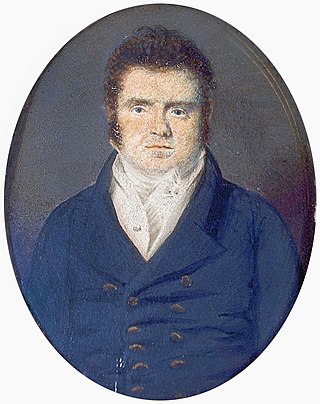
John Edward Taylor was an English business tycoon, editor, publisher and member of The Portico Library, who was the founder of the Manchester Guardian newspaper in 1821, which was renamed in 1959 The Guardian.

John Bright was a British Radical and Liberal statesman, one of the greatest orators of his generation and a promoter of free trade policies.

Charles Pelham Villiers was a British lawyer and politician from the aristocratic Villiers family. He sat in the House of Commons for 63 years, from 1835 to 1898, making him the longest-serving Member of Parliament (MP). He also holds the distinction of the oldest candidate to win a parliamentary seat, at 93. He was a radical and reformer who often collaborated with John Bright and had a noteworthy effect in the leadership of the Anti-Corn Law League, until its repeal in 1846. Lord Palmerston appointed him to the cabinet as president of the Poor-Law Board in 1859. His Public Works Act of 1863 opened job-creating schemes in public health projects. He progressed numerous other reforms, most notably the Metropolitan Poor Act of 1867. Florence Nightingale helped him formulate the reform, in particular, ensure professionalisation of nursing as part of the poor law regime, the workhouses of which erected public infirmaries under an Act of the same year. His political importance was overshadowed by his brother, the Earl of Clarendon, and undercut by the hostility of Gladstone.
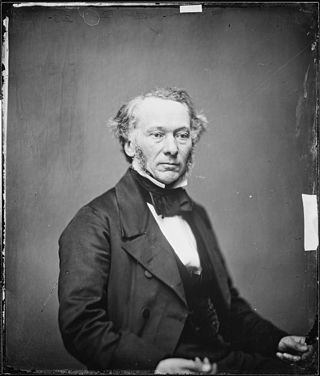
Richard Cobden was an English Radical and Liberal politician, manufacturer, and a campaigner for free trade and peace. He was associated with the Anti-Corn Law League and the Cobden–Chevalier Treaty.

The Anti-Corn Law League was a successful political movement in Great Britian aimed at the abolition of the unpopular Corn Laws, which protected landowners’ interests by levying taxes on imported wheat, thus raising the price of bread at a time when factory-owners were trying to cut wages. The League was a middle-class nationwide organisation that held many well-attended rallies on the premise that a crusade was needed to convince parliament to repeal the corn laws. Its long-term goals included the removal of feudal privileges, which it denounced as impeding progress, lowering economic well-being, and restricting freedom. The League play little role in the final act in 1846 when Sir Robert Peel led the successful battle for repeal. However, its experience provided a model that was widely adopted in Britain and other democratic nations to demonstrate the organisation of a political pressure group with the popular base.
Cobdenism is an economic ideology which perceives international free trade and a non-interventionist foreign policy as the key requirements for prosperity and world peace. It is named after the British statesman and economist Richard Cobden and had its heyday of political influence in the British Empire during the mid-19th century, amidst and after the endeavour to abolish the Corn Laws.
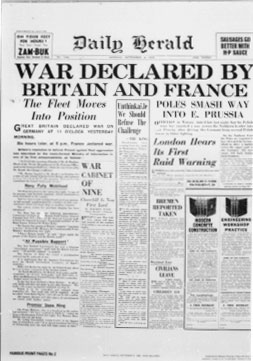
The Daily Herald was a British daily newspaper, published daily in London from 1912 to 1964. It was published in the interest of the labour movement and supported the Labour Party. It underwent several changes of management before ceasing publication in 1964, when it was relaunched as The Sun, in its pre-Murdoch form.
Manchester Liberalism comprises the political, economic and social movements of the 19th century that originated in Manchester, England. Led by Richard Cobden and John Bright, it won a wide hearing for its argument that free trade would lead to a more equitable society, making essential products available to all. Its most famous activity was the Anti-Corn Law League that called for repeal of the Corn Laws that kept food prices high. It expounded the social and economic implications of free trade and laissez-faire capitalism. The Manchester School took the theories of economic liberalism advocated by classical economists such as Adam Smith and made them the basis for government policy. It also promoted pacifism, anti-slavery, freedom of the press and separation of church and state.
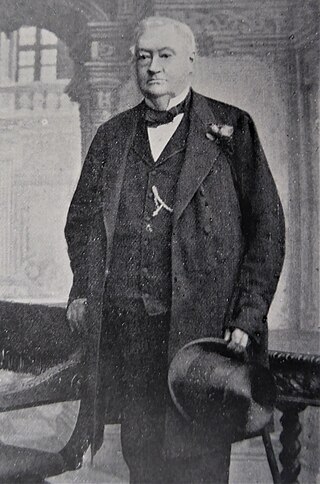
Thomas Bayley Potter DL, JP was an English merchant in Manchester and Liberal Party politician.
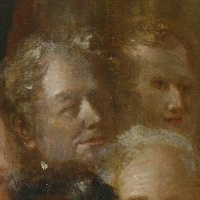
Samuel Lucas was a British journalist and abolitionist. He was the editor of the Morning Star in London, the only national newspaper in Britain to support the Unionist cause in the American Civil War. He died knowing that legal slavery in America had ended. In 2010 a U.S. Embassy attaché visited the tomb of Samuel Lucas. Lucas lived to hear the "tidings of the destruction of the slave power in the United States"

Henry Ashworth was an English cotton manufacturer, friend of Richard Cobden, and founding member of the Anti-Corn Law League.
Thomas Ballantyne (1806–1871), was a Scottish journalist.
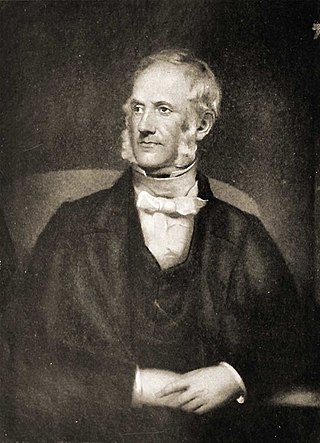
Absalom Watkin (1787–1861), was an English social and political reformer, an anti corn law campaigner, and a member of Manchester's Little Circle that was key in passing the Reform Act 1832.
The Manchester Gazette was a conformist non-Tory newspaper based in Manchester, England.
Archibald Prentice (1792–1857) was a Scottish journalist, known as a radical reformer and temperance campaigner.
Abraham Walter Paulton (1812–1876) was an English politician and journalist.
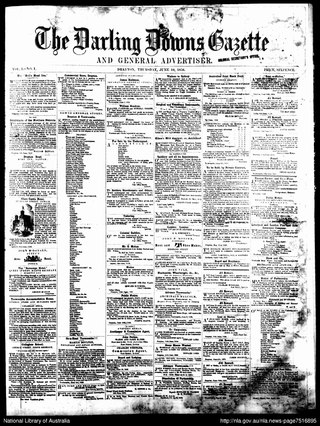
The Darling Downs Gazette was a newspaper published from 1848 to 1922 in Drayton and Toowoomba in Queensland, Australia.
James Mellor was a Liverpool merchant, local politician, and friend of Richard Cobden.
References
- 1 2 . Dictionary of National Biography . London: Smith, Elder & Co. 1885–1900.
- 1 2 3 Digitised copies of the Manchester Times at the British Newspaper Archive
- ↑ R. E. G. Smith, ed. (1964). Newspapers first published before 1900 in Lancashire, Cheshire, and the Isle of Man: a union list of holdings in libraries and newspaper offices within that area. Library Association, Reference, Special, and Information Section. p. 26. Retrieved 6 January 2013.